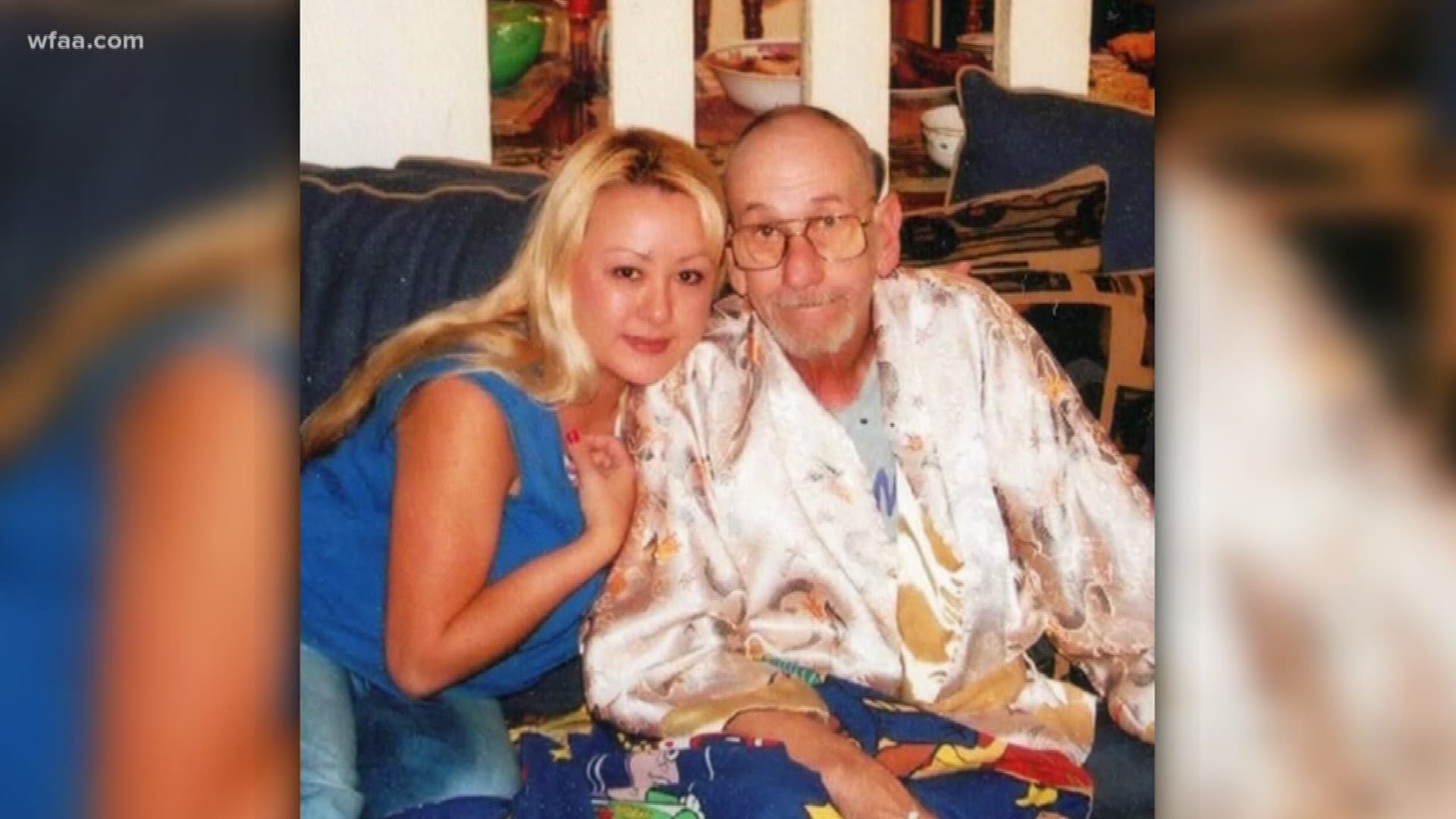When Grand Prairie High School Principal Lorimer Arendse, a non-smoker, went public with his sudden diagnosis of lung cancer, Susan Cornett of Fort Worth saw a kindred spirit in her fight to change the "smoker" stigma that routinely comes with the often-deadly disease.

"I was diagnosed 20 months ago," Cornett said of the postoperative announcement by her doctor after a portion of her upper left lung was removed.
The diagnosis was non-small cell adenocarcinoma. The cancer had also spread to her lymph nodes. Additional surgery and multiple rounds of chemotherapy and radiation followed.'
A patient with her form of cancer is often given a five-year survival rate of just 18 percent.
"I really had a hard time picking my jaw up off the floor," she said of the diagnosis.
"They just don't know" where the cancer came from, she said. "They can't pinpoint it. And my doctor will tell you the only thing it takes to get lung cancer...is lungs."
Up to 20 percent of people who get lung cancer are non-smokers. According to the American Cancer Society, lung cancer is by far the leading cause of cancer death among both men and women; about one out of four cancer deaths are from lung cancer. Each year, more people die of lung cancer than of colon, breast, and prostate cancers combined.
But cancer patients like Cornett say they still fight the stigma that they must have "done this to themselves."
"So many people when they hear lung cancer, they're like, ‘Oh you must have smoked.’ That's the first question they ask me,” she said.
"I supported a patient who wore pink to her chemotherapy sessions because she didn't want anybody to ask her what kind of cancer she had. And she had never smoked,” said Katie Brown with the lung cancer survivorship and support group Lungevity. “But she felt that stigma.”
Lung cancer killed Brown’s father in 2002 and she found the support systems, and empathy, lacking when compared to other cancers.

"I find a lack of empathy and sympathy for patients with lung cancer,” she said. “And all of that really results in a lack of funding, which means less research and less treatment options."
"That's the perception," Cornett added. "And my response is, [do] you ask a heart attack patient if he ate a cheeseburger? No. You say, ‘Gosh I hope you feel better.’
“Why am I not getting the same courtesy. I did not do this to myself."
So a survivor is out to fight against that stigma and to fight for other survivors just like her.
"I'm an only child. I don't want my parents to have to bury me," Cornett said. "And that's what gives me my fight."
A fight she hopes finds more research dollars, and more empathy, along the way.

